By Musa VAL Banja
On Wednesday 04 August 2021, the two presidential candidates for the December 2021 election in The Gambia held a debate on live television. Hon. Halifa Sallah is the presidential candidate for the People’s Democratic Organization for Independence and Socialism (PDOIS) while Dr. Ismaila Ceesay is the presidential candidate for the Citizens’ Alliance Party. At the center of the debate was the breach of the agreement by the current president of the Gambia Adama Barrow to step down after three years. The journey to the debate began with an internet commentary by Dr. Ceesay on the collective failure of the coalition of parties (C2016) that won the 2016 election. Dr. Ceesay blamed the C2016 for doing nothing different and letting the Gambinas down after 22 years of dictatorship of Yahya Jammeh. Kexx Sanneh, a militant of the PDOIS quickly responded claiming that the failures of Adama Barrow were individual and they had nothing to do with the coalition. In response to the rebuttal, Dr. Ceesay invited Mr. Sanneh for an open debate. Ceesay later changed his mind and invited Hin. Halifa Sallah the presidential candidate and chief architect of the C2016 instead. This paper is a critique of the performance of the two presidential candidates during the debate on Wednesday.
Dr. Ceesay came out as a speaker of facts. He did not just accuse the coalition of Adama Barrow of failure but he demonstrated his claim. He pointed out that the promise of the coalition and the president was new electoral and general reforms, constitutional reforms, the fight against corruption and freedom of the media (Gambian Talents TV 2021, Min. 138). The coalition had also promised that The Gambia would ensure that all the rights and freedoms enshrined in the Universal Bill of Rights would be availed to the Gambians. As a matter of fact, the December 2021 election will take place under the old electoral laws (Waan, 2021). The failure to introduce new changes has created the fears that Adama Barrrow intends to rig the elections as there are no checks and balances against the commission. In addition, it is true that there is no new constitution as the country goes into an election and five years after the deposition of Jammeh. Furthermore, the freedoms of the media and general human rights are still a matter of debate. Dr. Ceesay was therefore right in his assertion that the coalition had failed in collectivity.
Dr. Ceesay’s opening presentation was nothing but a narration and expansion of his displeasure with the C2016 to meet its pledges. He revisited the infamous memorandum of understanding among the coalition members that the coalition presidential candidate would resign from his party to vie in the name of the coalition (Gambian Talents TV 2021, Min. 74). The candidate would then rule for only three years before stepping down to allow for a free, fair and democratic election in which he would not participate. President Adama Barrow refused to step down in 2019 and he has declared that he will be running for the presidency in December 2021 under the National People’s Party (NPP). He also pointed out that the agreement of the coalition had not included any measures to force the candidate to step down after three years. Furthermore, he blamed the coalition of parties for failing to follow up the mater with the courts since the agreement had been signed and it was binding. Granted, all he said was factual. On the other hand, he did not introduce anything new to his complaint. His narration captured the state of affairs as is public knowledge. Subsequent opportunities also only revolved on the complaints against the coalition. The candidate did not address the myriad issues that face the endemic corruption, poor healthcare, lack of access to education and lack of clean drinking water, issues that are still a big problem in the Gambia (Toupane, Faye & Kane 2019). Dr. Ceesay therefore lost the opportunity to introduce a new and more meaningful debate as most Gambians have come to terms with Barrow’s refusal to step down.
On his part, Hon. Halifa Sallah also presented a respectful disposition throughout the debate. Despite qualifying to be Dr. Ceesay’s father, he did not use the age difference to demean his opponent. Instead, he always addressed him as Hon. Ceesay or Dr. Ceesay. The cordial and respectful tone in the discussion was commendable. It did not escape notice however that sometimes he adopted a patronizing tone even if it was only hardly noticeable (Gambian Talents TV 2021, Min. 81). He would raise his voice to put his point across, in a manner to suggest that what he was saying was obvious and that it should not invite debate. Such was the case especially in his first address.
On the other hand, Hon. Halifa Sallah’ spresentation focused on the history of the electoral process and in particular the last election in The Gambia. His first and subsequent presentations were historical, giving the context of the formation of the coalition. He narrated the rational of the coalition, the selection of Adama Barrow and the victory of the opposition coalition. Granted, the narratives were true. Hon. Salah however failed to address the accusations of Dr. Ceesay regarding the failure of the coalition in achieving the pledges it made to the people of the Gambia. Sallah kept emphasizing on the victory of the coalition and refused to discuss anything past the coalition. According to him, the failures of the current government are individual barrow failures that should not be blamed on the coalition (Gambian Talents TV 2021, Min 155). It is surprising therefore when he wants to share in the few successes of the coalition. The Hon. Salah needed to accept the principle of collective responsibility or to reject it completely. In his arguments, he only admitted it when it suited his arguments and rejected it whenever it was to his disadvantage. Hon. Sallah therefore failed to demonstrate leadership by admitting failures and successes.
In conclusion, the debate was a sharp departure from the traditional debates in Africa where the participants go personal instead of focusing on the issues at hand. Both candidates were very cordial to each other and listened to one another. On the other hand, both failed to articulate the many social issues that plague The Gambia. Their only focus was on the failure of the current president to respect the coalition agreement and the collectivity of the breach. Nevertheless, it was a first kind of debate in the Gambia and one can understand that they were unprepared and they did not understand the opportunity that the debate provided for them and for the people of the Gambia. It is hoped that the next debate will tackle many more issues that need address before the December 2021 election.

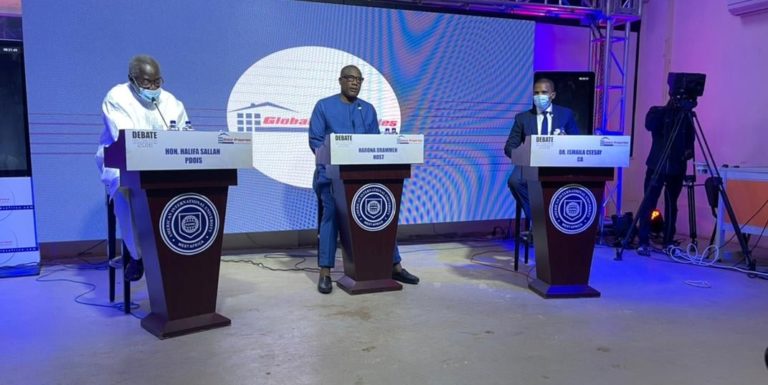

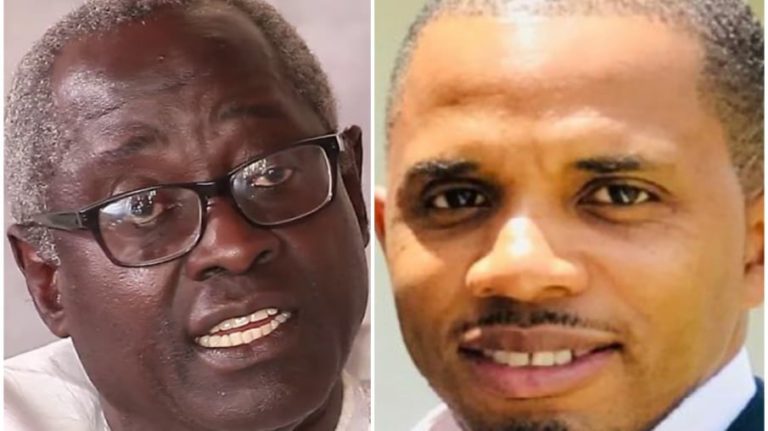
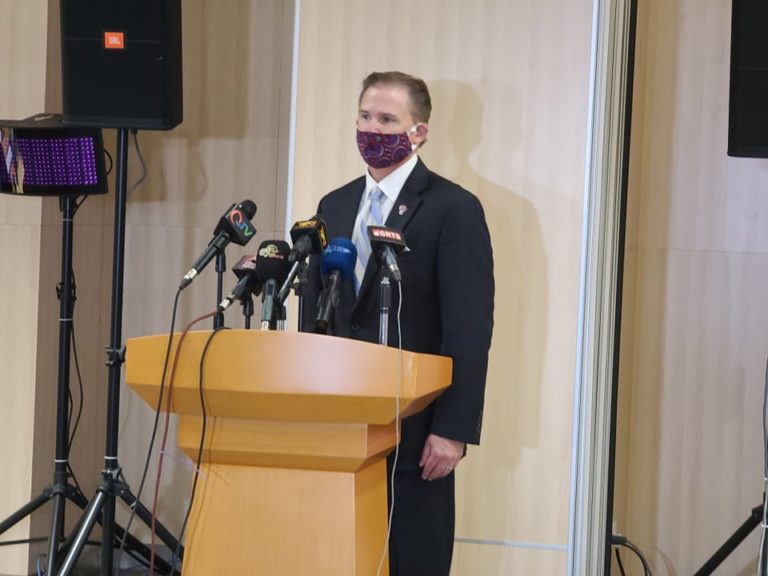
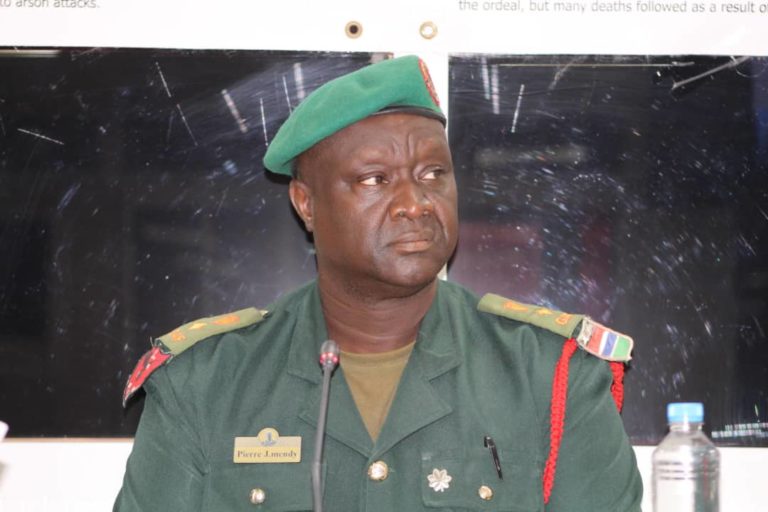
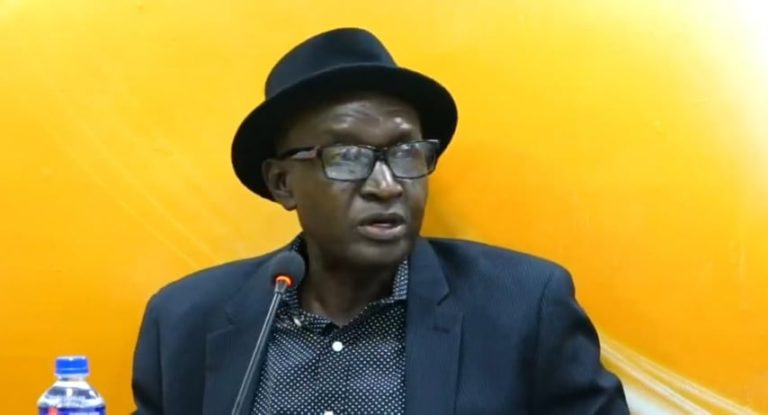
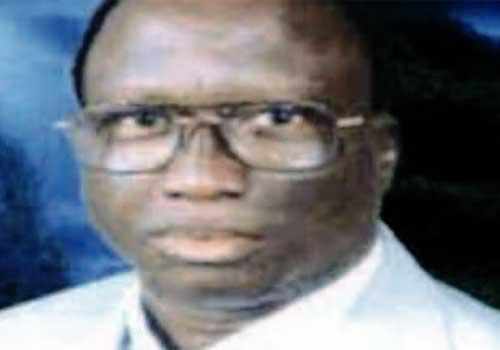
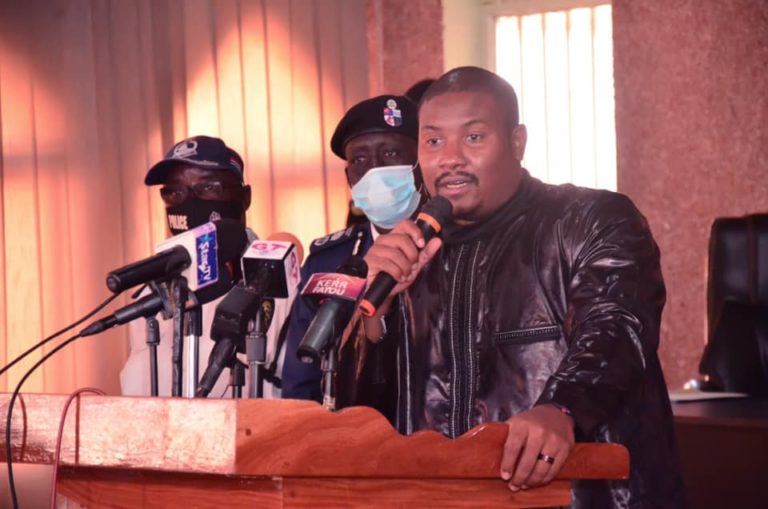
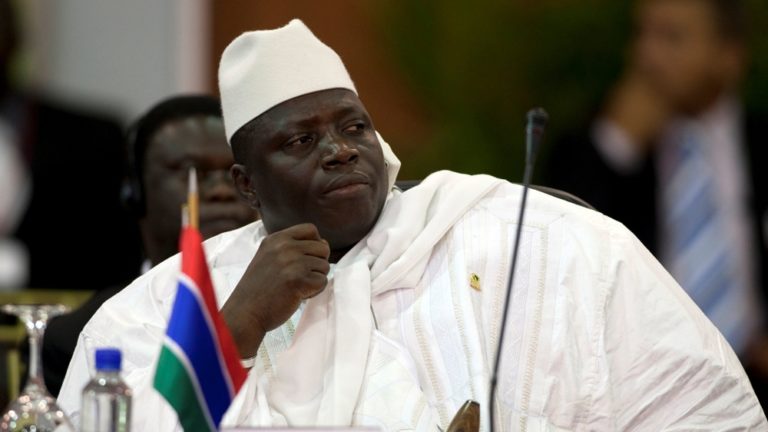

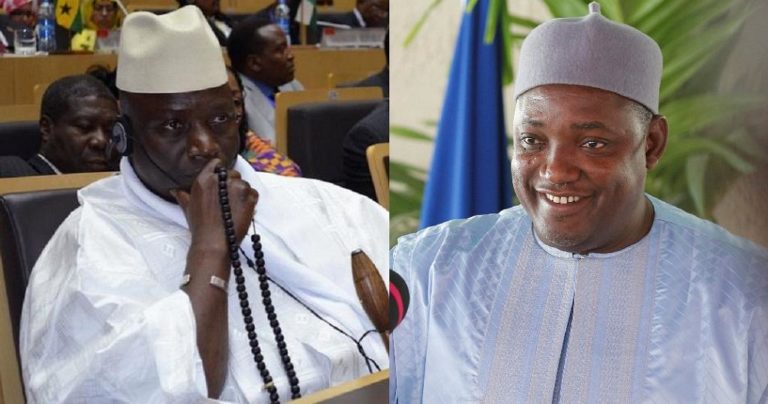
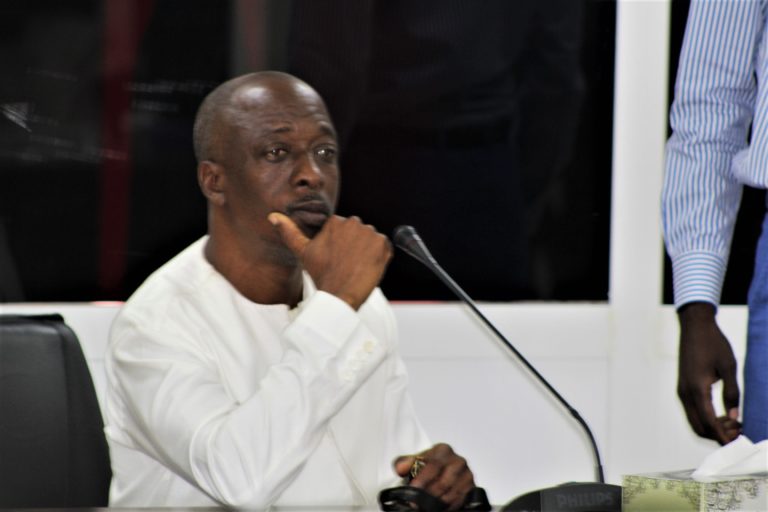
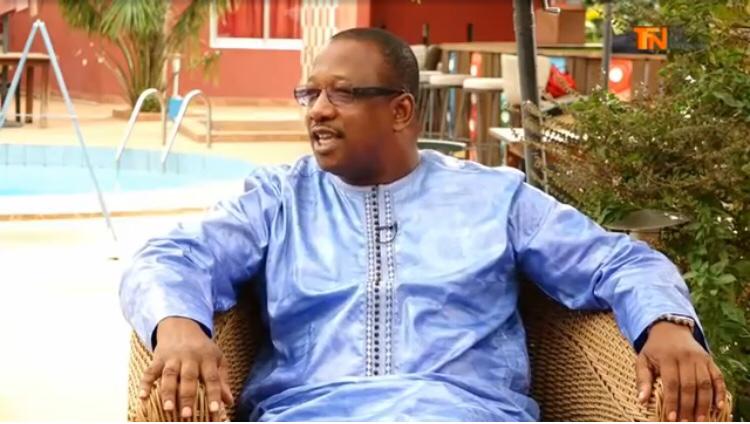
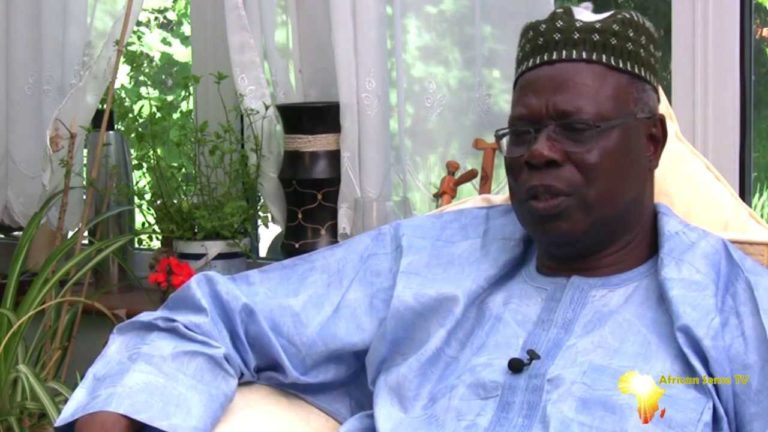
The Police Again!
By DA Jawo
Most Gambians had assumed that with the bad image that the police had acquired during the Jammeh regime and all the noise about Security Sector Reform, the police hierarchy would never again allow themselves to be used by those in authority for political expediency.
However, what we had seen at KMC this morning was a big disappointment to anyone who believed in the new national mantra; Never Again. It is indeed disappointing that IGP Abdoulie Sanyang would even contemplate let alone get the police involved in a matter that has absolutely nothing to do with them.
Now that the Local Govt minister has denied ever asking the police to be deployed at the KMC premises, the onus is now on IGP Sanyang to exonerate himself from blame for the incident.